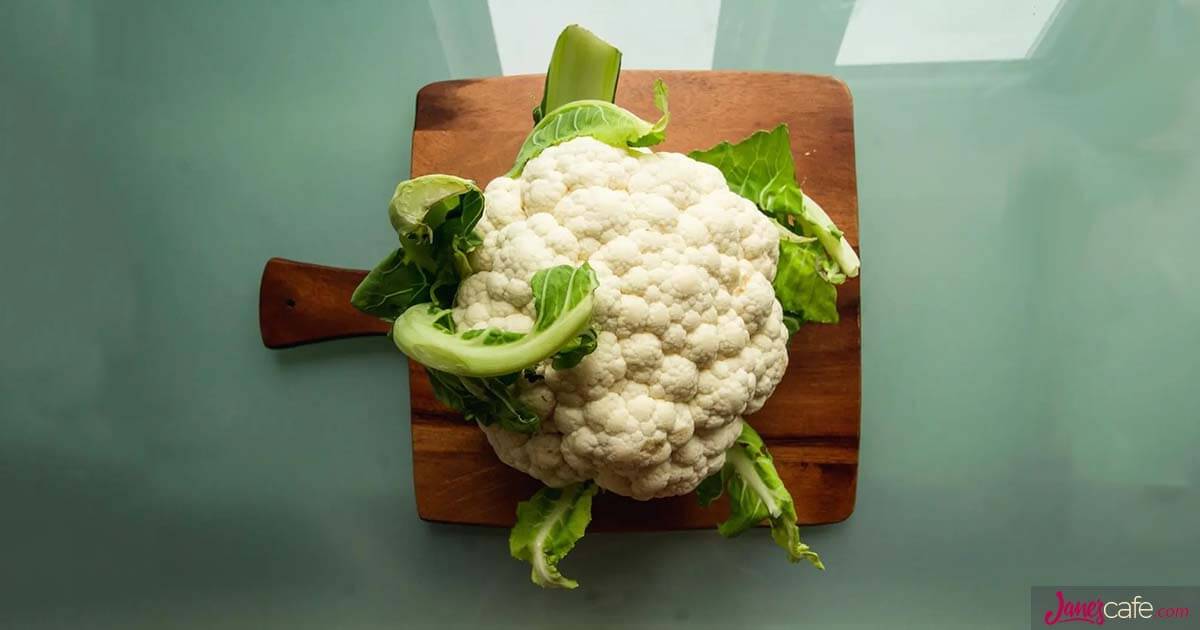
Food and nutrition are huge components of living a healthy lifestyle. With this in mind, there’s a particular food group that’s often overlooked yet incredibly important for your health – cruciferous vegetables. A delicious option, cruciferous vegetables play a vital role in the overall scope of your health.
If you’re wondering why this nutrient-rich food group should be on your radar, here’s what you need to know.
What Are Cruciferous Vegetables? – The Essentials
These vegetables are a powerhouse and part of the Brassica family of plants. Generally, they’re easy recognizable due to their cross-shaped flowers and four petals. They are delicious as well as have a ton of nutritional properties you don’t want to miss out on. Not only that, but there are also many ways to enjoy and prepare these veggies.
Some powerful characteristics of cruciferous veggies include:
- Minerals
- Fiber
- Vitamin C, E, and K
- Multiple carotenoids, which are an antioxidant and provitamin
- Folate, which is a nutrient that helps to produce red blood cells
From boosting your immune system to reducing your risk of cancer, these veggies have much to offer. Not to mention, they contain potent compounds that have been shown to assist in preventing chronic disease.
If you’re ready to live a healthier life and improve your overall well-being, keep these vegetables in your diet!
Find Your Favorite Cruciferous Veggie
Including at least one such vegetable into your diet is a surefire way to boost your health. There are so many of these veggies to choose from, such as:
- Turnips
- Arugula
- Collard Greens
- Kale
- Brussel Sprouts
- Bok Choy
- Radishes
- Cabbage
- Watercress
- text
- Broccoli
Incorporating cruciferous vegetables into your daily meals can be a fun way to add nutrient-rich variety to your diet. Here are five ideas to get you started!
Roasted Veggies
Choose some of your favorite veggies – like broccoli or cauliflower – and cut them into small pieces. Then, toss them with salt, pepper, and olive oil to roast them in the oven.
Smoothies
Not everyone loves the taste of cruciferous veggies – they can be bitter to some – but that’s okay! Try adding them to a smoothie instead. Kale, especially, is a classic addition to any smoothie. Blend it with your favorite fruits and liquids, and add some protein powder or nut butter for an added boost.
Stir-fry
A stir-fry dinner is a quick and simple way to cook these veggies. Add them to your wok or skillet with some oil! Pair them with protein, grains, noodles, and sauce for a complete dish.
Soup
A warm, nourishing meal like soup can always benefit from added vegetables. Chop them into smaller pieces and add them to your broth, along with other veggies, grains, or beans. Add some spices and herbs, and you’ll be set for a comforting meal!
Jane’s Cafe has a variety of fresh vegetables as well as smoothies and juices. If you’re having trouble preparing healthy meals and snacks for yourself, order online from Jane’s Cafe! Alternatively, you can also visit our cafe for a great dine-in meal.











Leave a Reply